
photo grid in silver coloured metal Deknudt Frames
Observe the surface: Galvanized steel has a smooth, uniform and bright zinc layer. If you can clearly see this layer of zinc on the surface of the steel, you can tell that the steel is galvanized. Test with a magnet: The zinc layer on the surface of the steel is not magnetic. A magnet can be placed on the surface of the steel.
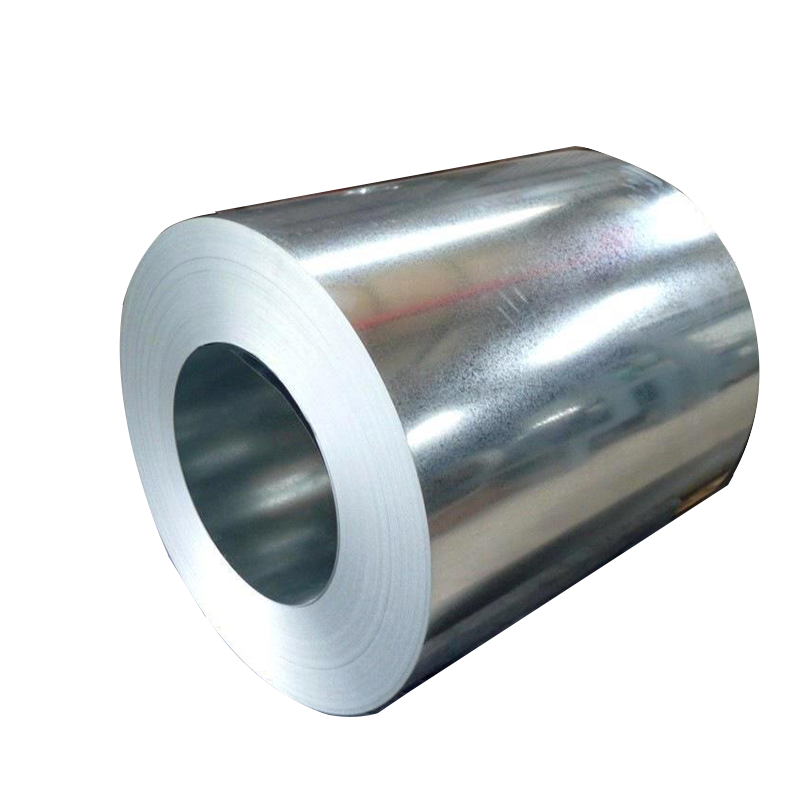
China DX51D Galvanized Steel Coil Zinc Coated Gi Sheet Galvanized Steel
Yes, galvanized steel is magnetic. This is because steel is magnetic in its normal state and the galvanization process does not affect magnetism. While a thin layer of zinc coats the steel during galvanization, it is not thick enough to interfere with the unaltered steel underneath it..
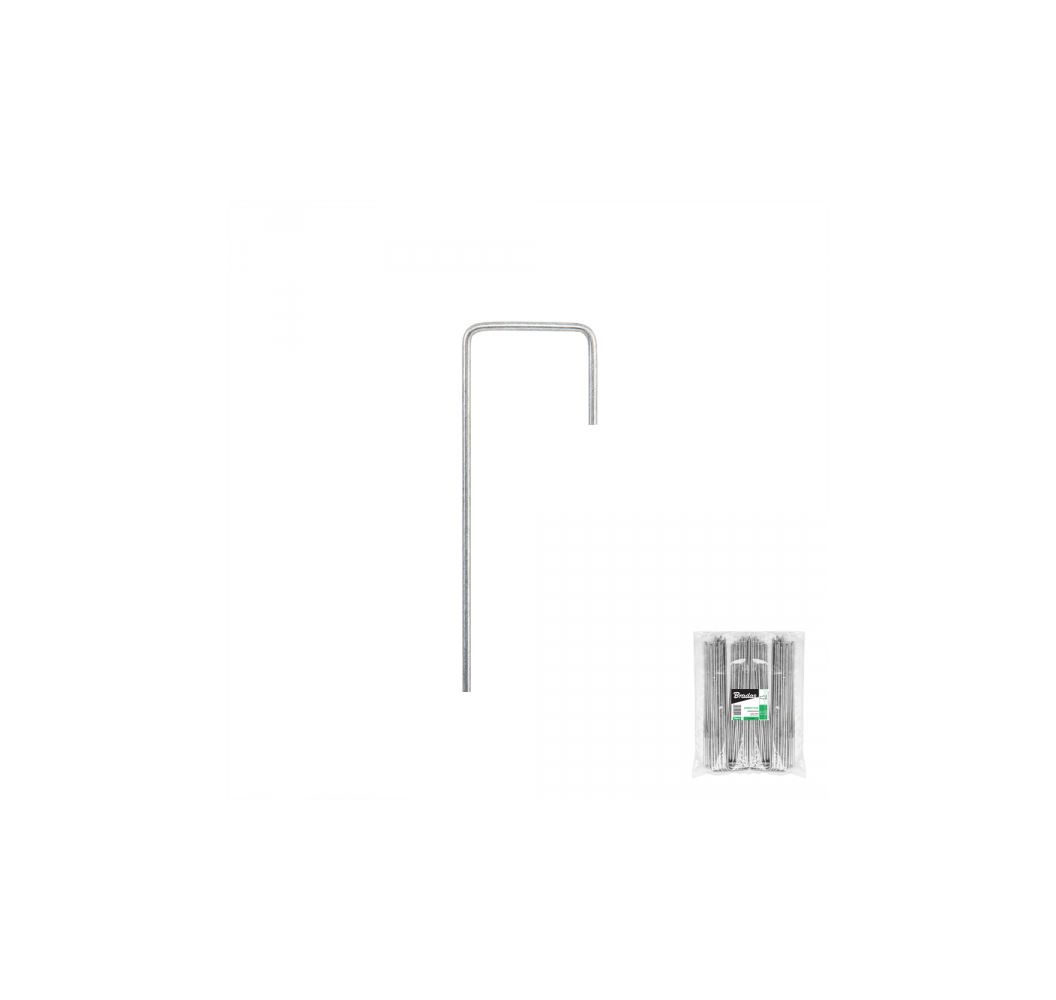
Galvanized metal pin in the shape of "J" width 3cm / height 15cm
Because stainless steel has a lot of nickel and chromium, it is not as magnetic as other types of steel. Galvanized steel is very magnetic. Galvanized steel is steel that has been coated with zinc. Zinc does not impact the magnetic properties of iron or any other type of metal. Therefore, even though galvanized steel has been coated with zinc.

Full Metal Stunt Parts
The strongest permanent magnetic metal you can buy is a neodymium (Nd) magnet. Neodymium magnets are not pure neodymium. The pure element is paramagnetic at room temperature and antiferromagnetic at very cold temperatures (20 K or −253.2 °C). Neodymium magnets are a neodymium alloy (Nd 2 Fe 14 B).

15 Commonly Used Galvanized Steel Terms and what they Mean Universal
Yes, galvanized steel is generally magnetic. It is magnetic because it is primarily made of iron, which is a ferromagnetic material. 1 The process of galvanization involves coating the steel with a layer of zinc, 2 which does not affect the magnetic properties of the underlying iron. Well, this was just a simple answer.
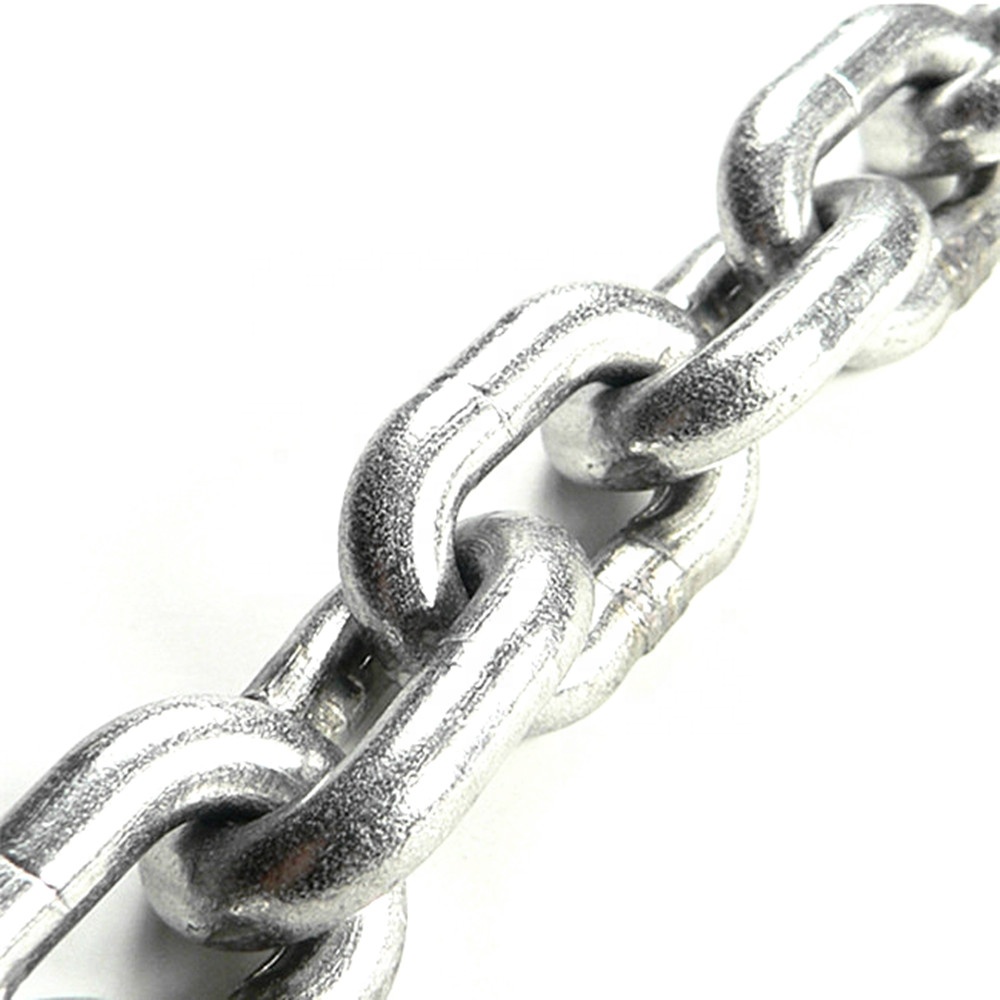
Grade 30 Proof Coil Electro Galvanized Half Drum Top Steel Chain
Yes, Galvanized steel is magnetic because galvanization of steel does not affect the magnetic behavior of steel. Galvanization is the process of coating of zinc layer on the steel. We can surely declare yes, galvanized steel is magnetic. As we are aware that steel is magnetic, and galvanized steel is coated with a thin layer of zinc.

Colorado Corrugated Metal Wainscoting in 2022 Corrugated metal
Galvanized Steel Galvanizing is the process of applying a protective zinc coating to steel in order to prevent rusting. Even though zinc is a nonmagnetic metal, the coating is so thin that the magnetic properties of the steel are not hindered. Since ferrous metals are prone to rust, galvanized steel is an excellent selection for projects that require magnetic properties in corrosive environments.
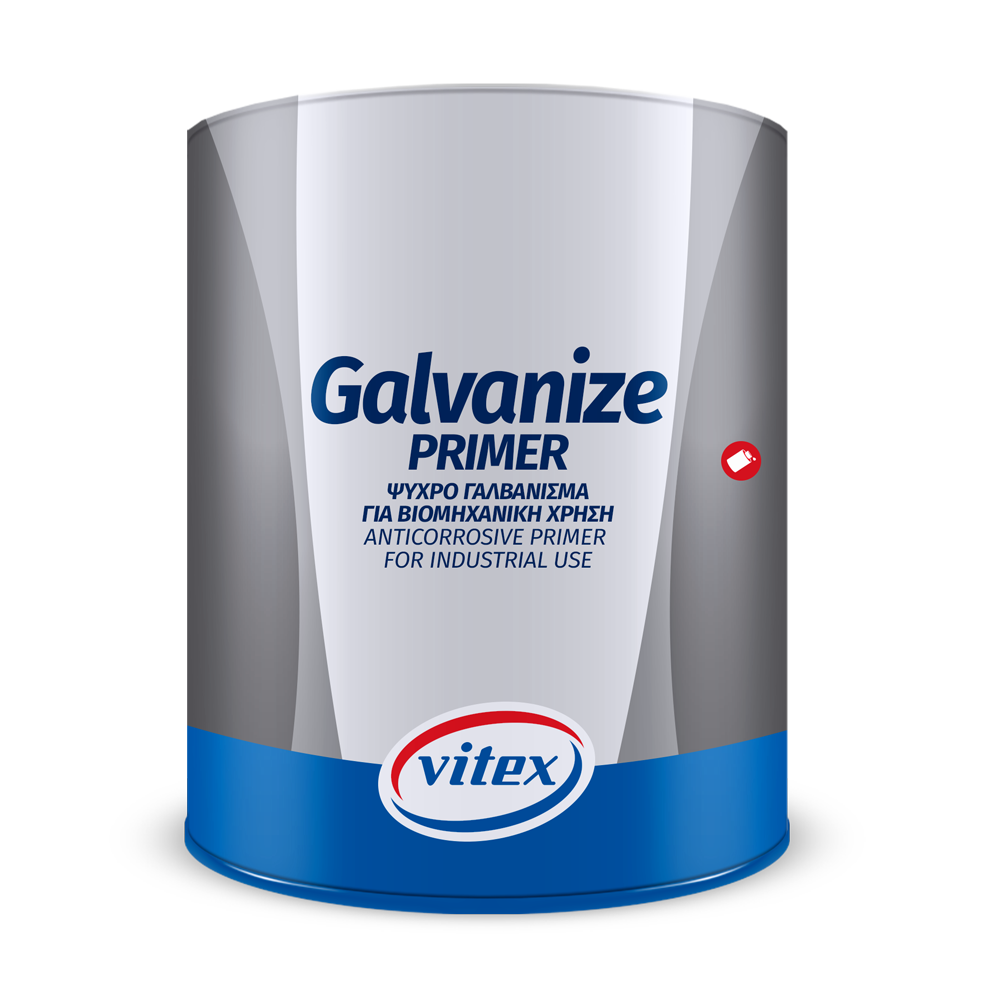
go shopping Blind faith Arena galvanized primer Gallantry Subjective Need
But here's a question that might have crossed your mind: is galvanized steel magnetic? Well, get ready to uncover the truth about this intriguing topic. Whether you're a curious DIY enthusiast or a professional in the field, understanding the magnetism of galvanized steel can be essential in various applications.
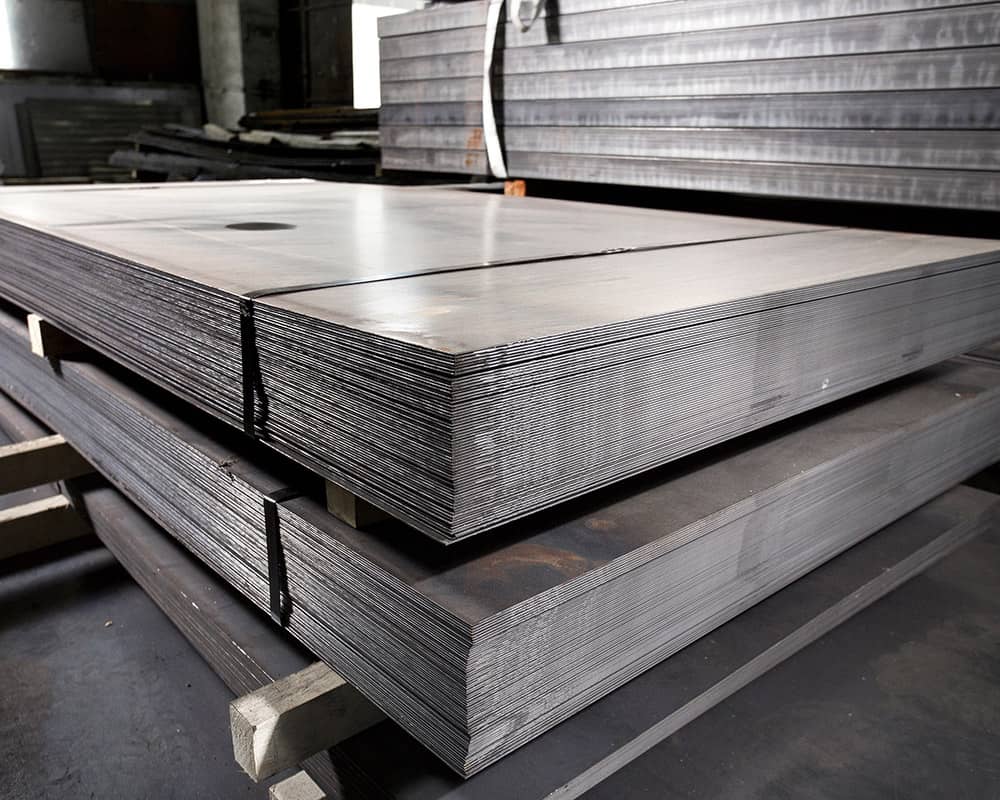
Which Sheet Metal is MetalsCut4U Inc.
Is galvanized metal magnetic? Corrosion and rust are things that a galvanized coating is meant to stop. Let us observe the magnetic properties of galvanized metal. Some galvanized metals are magnetized, though not all galvanized metals are. Applying a protective zinc coating to steel or iron to stop aging is the process of galvanization.

painting HYLLIS (galvanized metal) ikeahacks
December 23, 2020 by Monnig Industries. One of the questions we hear frequently concerns whether galvanized steel is magnetic, and why or why not. The simple answer is that galvanized steel is magnetic, usually. Explaining why galvanized steel is almost always magnetic requires that we start with the definition of galvanized steel.

Galvanized Metal 22 Pattern Crew
So, is galvanized steel magnetic? Yes, even after dipping steel into molten zinc, it will still have a magnetic pull. Galvanized steel is then used for various structures such as buildings, bridges, and even smaller items such as staircases, ladders, and walkways. You can find galvanized steel all around us that is protected from corrosion and.

"Is Galvanized Steel Why or Why Not? " Universal Galvanizing
Galvanized steel is generally magnetic because the steel substrate itself is magnetic. Stainless steel, on the other hand, may or may not be magnetic. Stainless steel's magnetic properties depend on its type. Ferritic and martensitic stainless steels, which contain iron, carbon (0.03 to 1.2%), and chromium (12 to 17%), are magnetic.

China Single Arm Galvanized Octagonal Stainless Steel Lamp Post with
Magnetism of Galvanized Steel. The simple answer to this question is no— galvanized steel is not typically magnetic. The reason for this has to do with how it's made. During the galvanizing process, zinc atoms are fused with the iron atoms in the metal, creating an alloy known as zinc iron. This alloy does not retain any magnetism because.

How to Clear Coat Galvanized Steel Monnig Industries
One of the questions we hear frequently concerns whether galvanized steel is magnetic, and why or why not. The simple answer is that galvanized steel is magnetic, usually. Explaining why galvanized steel is almost always magnetic requires that we start with the definition of galvanized steel. k.

Sticker Zinc Galvanized Metal Texture lupon.gov.ph
Yes, most galvanized steel is magnetic because the steel base metal is magnetic. Can You Weld Galvanized Steel? Yes, you can weld galvanized steel, but it takes extra prep work to keep the process safe for the welder and maintain the corrosive-resistant nature of the galvanized steel. Any surface welded should have the zinc removed first.
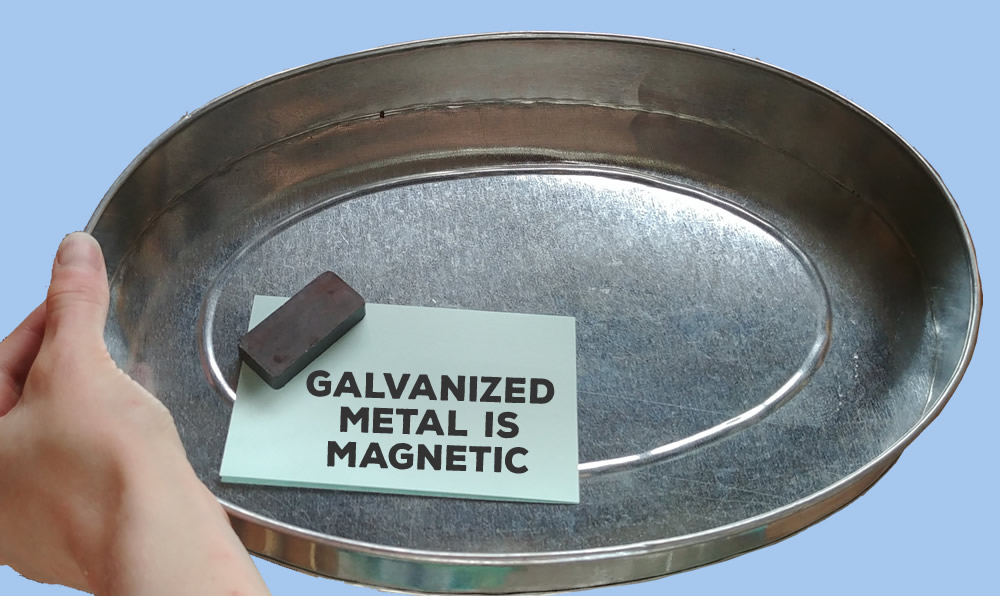
Is Galvanized Steel Bucket Outlet
Coating Thickness. Coating thickness refers to the thickness of the final hot-dip galvanized coating, while coating weight refers to the amount of zinc for a given surface area. There are two different methods used to measure the coating thickness of hot-dip galvanized steel: a magnetic thickness gauge and optical microscopy.